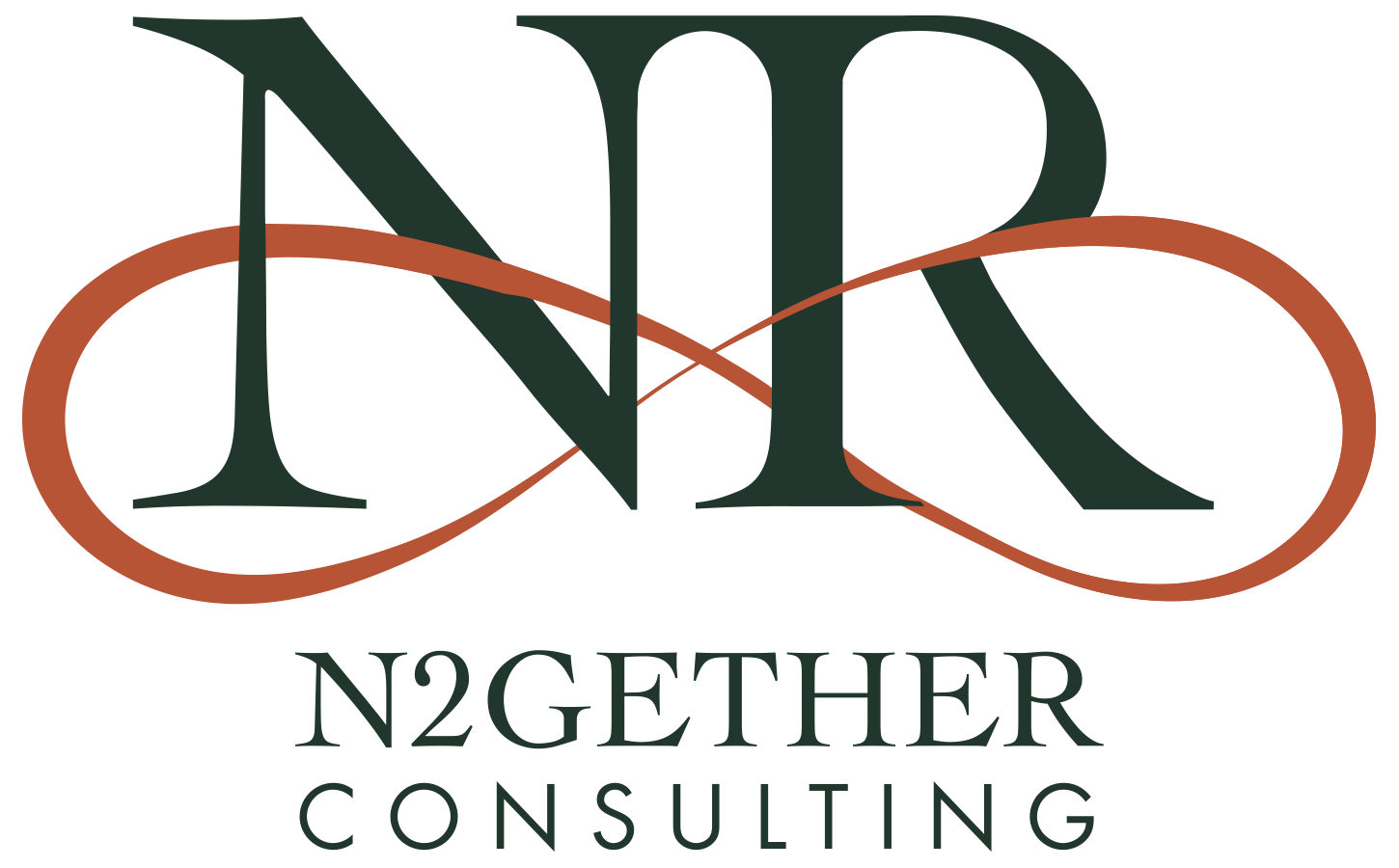The Benefits of Feng Shui
Feng Shui (pronounced: “fung-schway”) originated in China about 5,000 years ago. It started as a practice of selecting auspicious locations for tombs, and later, dwellings and other structures. Over time, this evolved to include creating harmonious environments that could fully support the people living or working in them.
Feng shui was introduced to the United States around the 1970s, where it was popularized by New Age entrepreneurs and others who looked for and promoted ways to improve the quality of people’s lives. [1] It has grown in popularity, gaining mainstream acceptance as evidenced by appearances in venues such as the HGTV channel and the Real Simple magazine. Large corporations have jumped on the feng shui bandwagon too, including Chase Manhattan, Coca-Cola, Intel, The Body Shop, and more. It has also become the norm for many celebrities including Richard Branson, Madonna, Bill Gates, Steve Jobs, and Steven Spielberg, to name a few.
According to Oprah Winfrey, “Employing Feng Shui tips can help you get out of your own way to find what it is you are really meant to do. And once you discover this, the pieces will fall into place. Other people have found their calling, but their environment is not in alignment with that purpose. Feng Shui can help with that, too.”
Feng shui literally translates to “wind and water” in English. That speaks to the concept of qi (pronounced: “chee”), which is the energy or life force that flows within and around us. Through the practice of feng shui, the patterns of qi are assessed to determine where balance is needed. There are many different schools of feng shui that do this, some more effective than others.
It is important to point out that, in terms of a person’s overall experience in this lifetime (good or bad), feng shui is merely one part of the equation. The Chinese believe in three forms of luck: Heaven Luck, Earth Luck and Man Luck. Heaven Luck is what you are born with, while Earth Luck encompasses feng shui. Man Luck on the other hand, is our free will or the choices we make throughout our life. I point this out to simply say that, while feng shui is an incredibly powerful and effective tool, it is only one part of the total toolkit we have access to in the creation of our lives.
Whenever I speak about feng shui, I either get an immediate acceptance, meaning an “of course you should use feng shui.” Or, I get a bit of eye-rolling and comments about how many lucky bamboo flutes or mirrors it takes to fix a home. There is quite a bit about feng shui that is misunderstood, and I believe that the issue stems from the fact that, quite simply, there are good and bad practitioners of it, and so many different ways to practice the art. To name just a few, some people focus on forms, which analyzes the land and water around a dwelling or building. Others utilize the Compass School, which focuses on eight cardinal directions and the mapping of the qi based on both time and geography. Western society, in particular, has taken feng shui and boiled it down to a simplistic version or a static map which is really just a pale shade of what it’s meant to be. Having said that, any feng shui is better than none!
With that in mind, here are a few key tips to consider in your home or work environment:
The front door of a home is considered the mouth of the home and it needs nourishment to help the qi grow and thrive. So, if you don’t use your front door regularly, consider doing so! You’ll also want to make sure that the entrance is pleasing to the eye.
The placement of your bed is important – you’ll want to have a commanding view of the room rather than placing the bed next to a door. The same applies for your desk, it’s best to place your back against a wall so you can be properly supported rather than having your back to the door.
Clutter is often associated (sometimes falsely so) with feng shui, but there is merit to keeping things simple and tidy. Wherever clutter occurs (in a room, closet or other), the qi will stagnant and become less supportive.
The same goes for hanging on to things which no longer support you. Everything we have in our homes or offices carries a vibration to it. If every time you look at something and it doesn’t bring a sense of happiness or satisfaction, then it might be time to let it go.
At night, it’s best to create a restful environment that can help you with the recharging that’s supposed to occur. A big part of this is closing your blinds and removing electronic devices which can adversely affect the quality of your sleep. If you sleep in a room with a door to a bathroom, it’s best to close it at night.
Want More?
If you want to feel nourished, supported, and surrounded by a harmonious environment, consider doing a Space Clearing. Designed to clear out any stressed or stagnant energy, Space Clearing brings vibrant and balanced energy to your home or office, allowing your life to flow more smoothly and easily.


